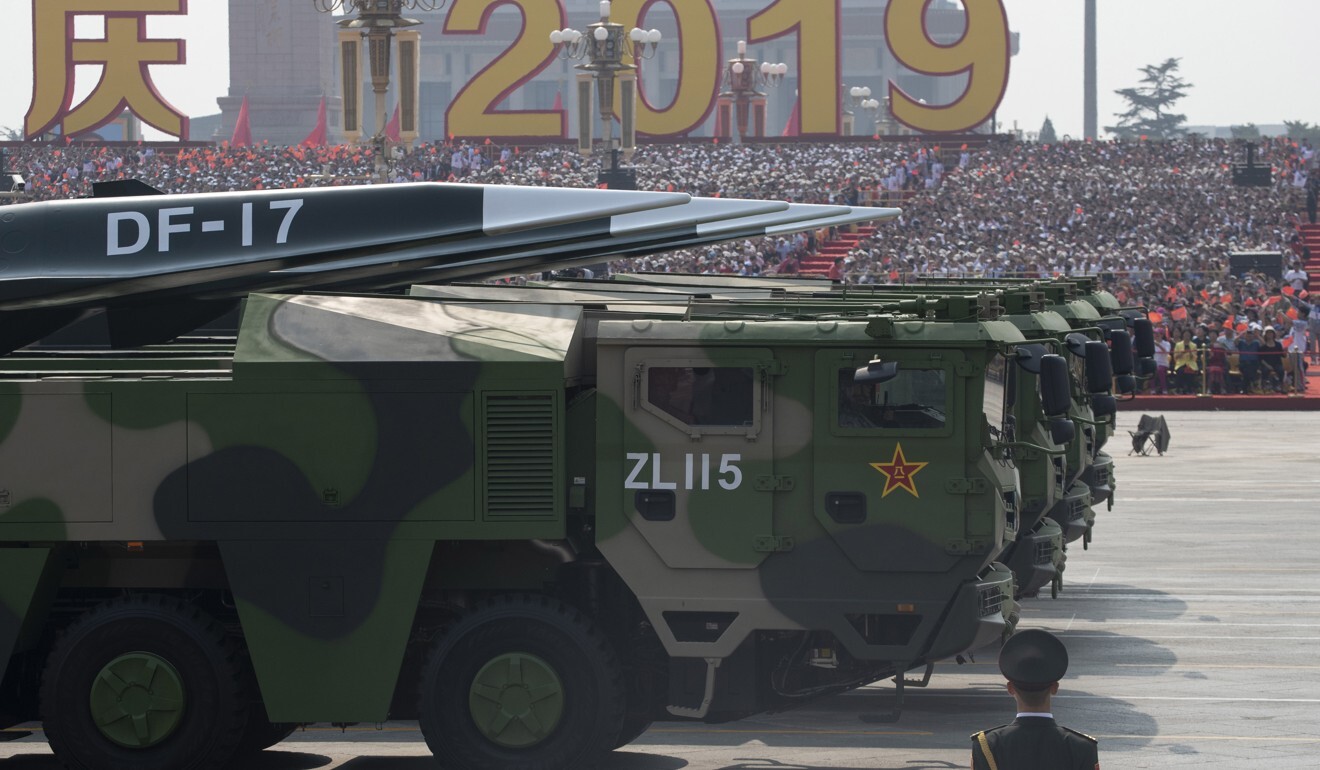
China votes to join Arms Trade Treaty that Donald Trump wants to leave
- Decision shows Beijing’s determination to support multilateral mechanisms for arms control, analyst says
- China began legal process to join pact, which sets standards for the sale and transfer of conventional arms, in September
The treaty, which sets global standards for regulating the sale and transfer of conventional arms, was adopted at the United Nations General Assembly in 2013 and took effect in December 2014. About 130 countries have since ratified or agreed to abide by the treaty.
China took part in the discussion and negotiation process for the treaty at the UN, but was one of 23 countries, including Russia, that abstained from the vote to adopt it.
China has also been working on legislation to tighten export controls, including the sale of arms and dual-use nuclear products. A draft is expected to be ready for review at the end of this month.
In the 2015-19 period, China was the world’s fifth-largest arms exporter, accounting for 5.5 per cent of the global market, according to a report published in March by the Stockholm International Peace Research Institute. The United States topped the table with 36 per cent.
Chinese arms were sold to 53 countries in the period, up from 40 in the previous five years, the report said.
China was also the fifth-largest arms importer in the 2015-19 period, accounting for 4.3 per cent of the total, it said.
Wu Jinhuai, a researcher at the China Arms Control and Disarmament Association, said Beijing’s decision to join the ATT showed its determination to support multilateral mechanisms for arms control.
“China’s accession will carry significance in maintaining the global arms control regime and improving regional security,” he said.

Song Zhongping, a military analyst based in Hong Kong, said China was keen to see more transparency in arms sales as the black market was rampant and had led to many humanitarian crises.
“The treaty has to be fair in protecting normal transactions while containing illicit transactions,” he said. “China’s accession indicates how serious it is about arms control.”
Arms control, and especially nuclear disarmament, is seen as a growing area of confrontation between the US and China.
Beijing has rejected repeated calls by Washington to join its talks with Russia on a nuclear arms control agreement to replace the 2010 New Start accord that will expire in February next year.
The US and Russia are set to meet on Monday and Tuesday in Austria to discuss arms control issues. The US state department said on Friday it had invited China to join the talks and that it had “made clear the need for all three countries to pursue arms control negotiation in good faith”.

